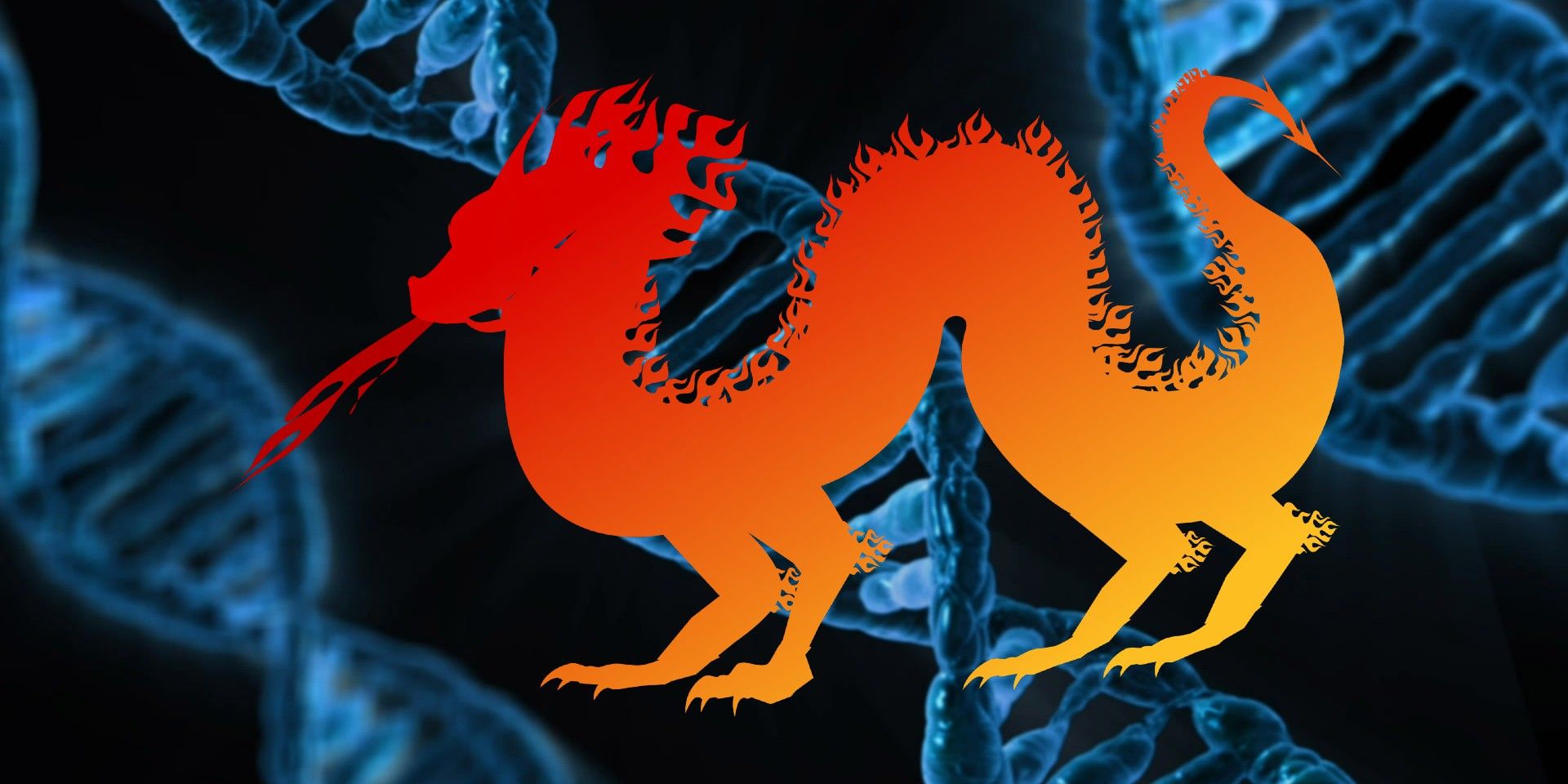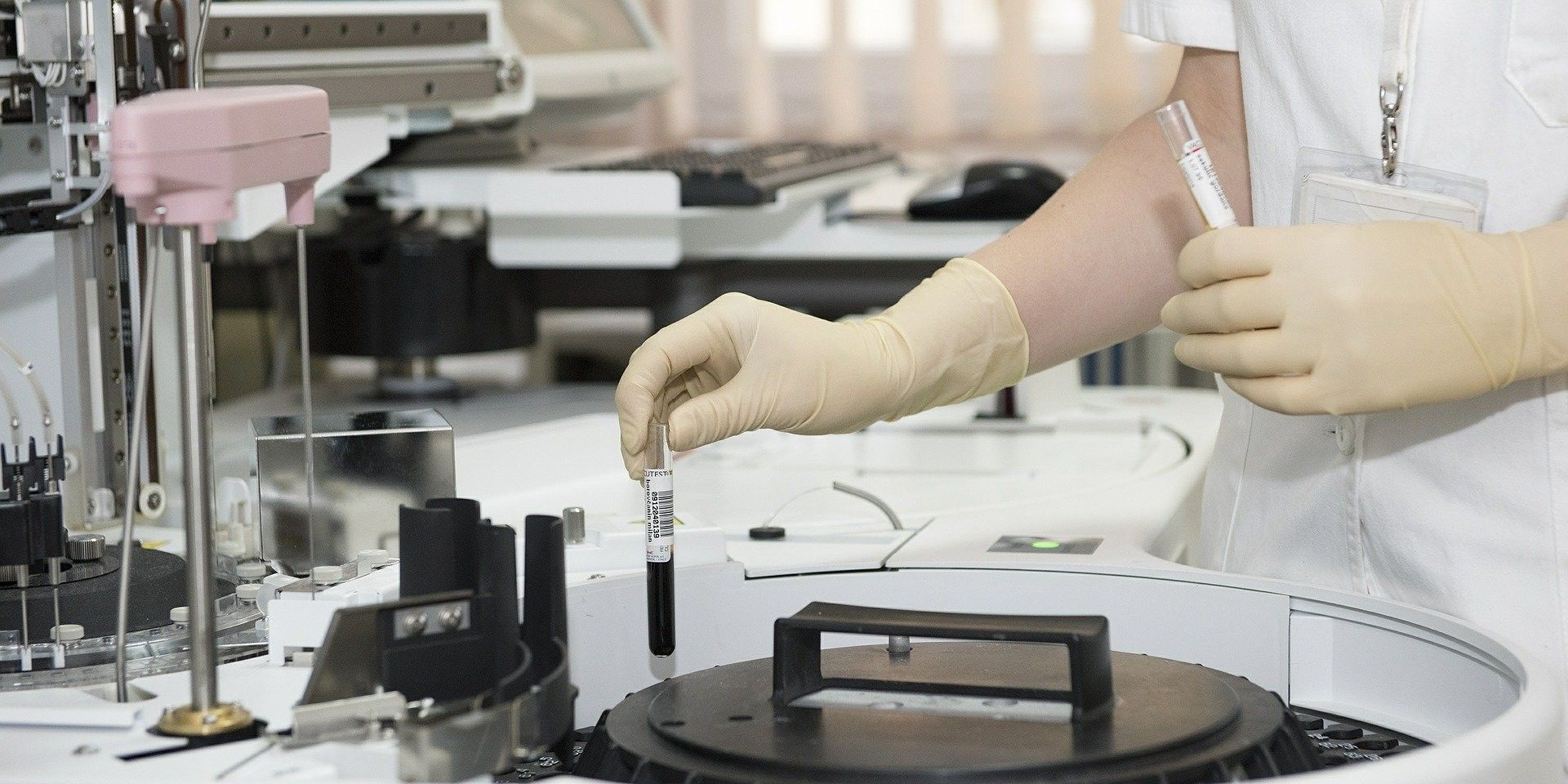A growing number of parents in China are using DNA testing to determine if their children will be prodigies or disappointments. Unfortunately, many scientists are arguing that there is no scientific basis for the claims that DNA testing companies are making. Regardless, an increasing number of wealthy parents are relying on this information to make potentially life-changing decisions about their children and how they will guide them into adulthood.
In mainland China, most parents are traditionally very involved and active in guiding their children towards having a successful education and career. There is even a name for this phenomenon known as "tiger parenting", a more extreme version of helicopter parenting. Companies that want to sell DNA tests have taken advantage of this culture and are selling highly expensive test services and promising to identify a child's potential strengths and weaknesses in both their academic future as well as their health.
According to an article that appeared in Abacus News, reports from DNA test providers often cost several thousand dollars or more and are typically targeted at wealthy mainland Chinese travelers that visit Hong Kong. Inside the reports parents will find suggestions such as that their child may have an aptitude for music, or that they may struggle with tasks related to memory. As such, the story suggests that parents who receive the test are guiding their children towards or away from various study and career paths based on the results of the test - whether they are accurate or not.
DNA Testing In Asia Could Be Based On New Marketing Tactics, Not Science
DNA testing has become popular in the west over the last few years. However, most tests given in the west by providers like 23andMe are to determine things like one's ancestors and origins. But in a largely ethnically homogenous society like China, this kind of testing wouldn't reveal much. So instead of relying on curiosities about one's origin, perhaps DNA testing companies have shifted their marketing strategy and are making claims that may be incomplete or otherwise not fully accurate.
In the article, Timothy Caulfield of the University of Alberta claimed that it is simply impossible to determine complex information such as their traits or interests based only on their DNA. The article also suggests that one's future aptitude or interest in a career field may depend far more on environment and personality and less on DNA. Lastly, if these tests are not accurate, parents may be incorrectly guiding their children towards career paths or interests that they are not actually predisposed to excel at. But when someone in a lab coat tells you that they can look into your child's future for the reasonable fee, that temptation may be far too difficult to resist for some.
Source: Abacus


